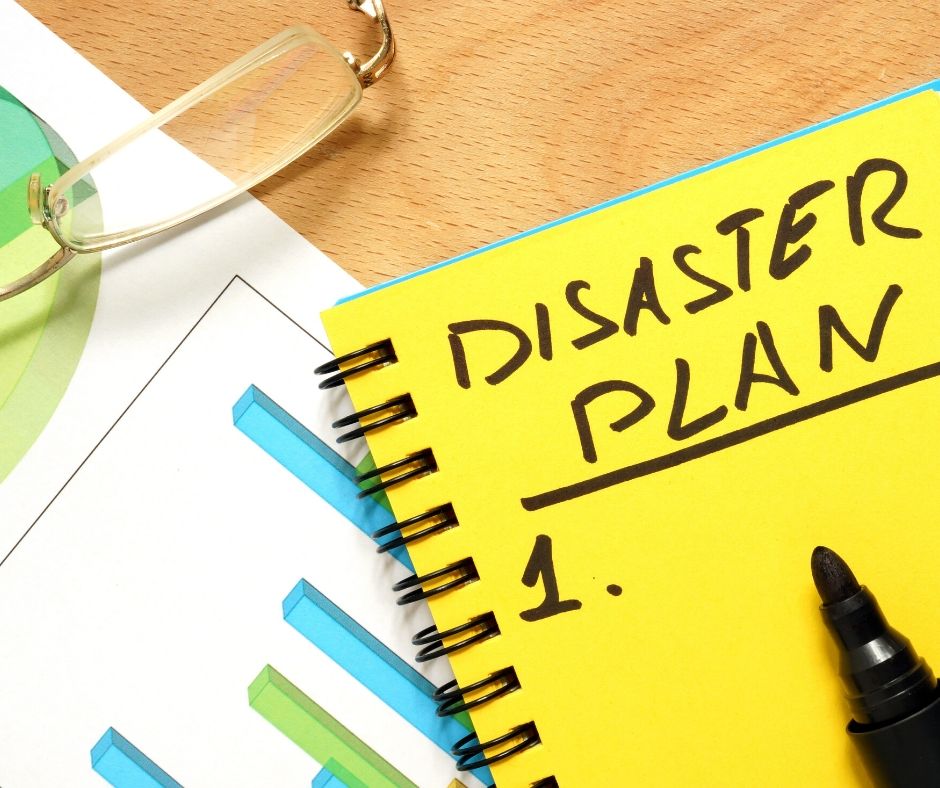Many employers are scrambling to help employees who have been impacted by the COVID-19 pandemic. Now that the government has declared a national disaster, there is an existing provision of the tax law that has been little-used since its enactment in 2002 to help employers make funds available to employees.
Internal Revenue Code Section 139 – Disaster Relief Payments
In part, a qualified disaster relief payment is any amount paid to or for the benefit of an individual to reimburse or pay reasonable and necessary personal, family, living, or funeral expenses incurred as a result of a qualified disaster.
- Payments should not include non-essential, luxury or decorative items or services.
- Wage replacement would not be covered by Section 139.
What expenses would be covered under Section 139?
- Over-the-counter medications
- Hand sanitizer
- Home disinfectant supplies
- Child care or tutoring due to school closings
- Work-from-home expenses (increased utility expenses, increased internet costs, office supplies, cell phone use, etc.)
- Unreimbursed health costs
- Increased transportation costs
Qualified disaster relief payments are federally tax free to employees and are fully deductible to the employer. These payments are not considered gifts. State tax treatment must be considered on a state-by-state basis.
There is no cap on the amount or frequency of qualified disaster payments.
Sandra G. Johnson, CPA, EA, CFE



